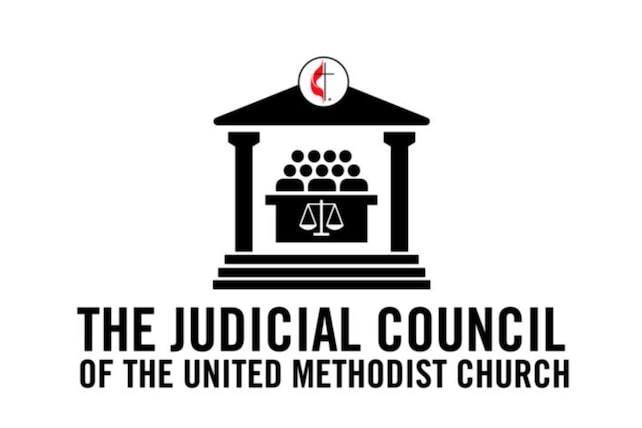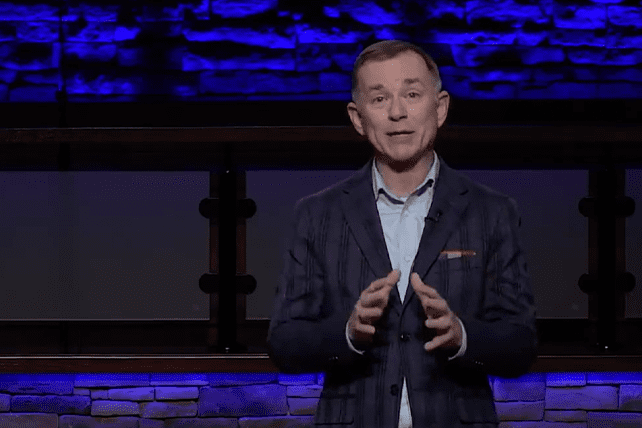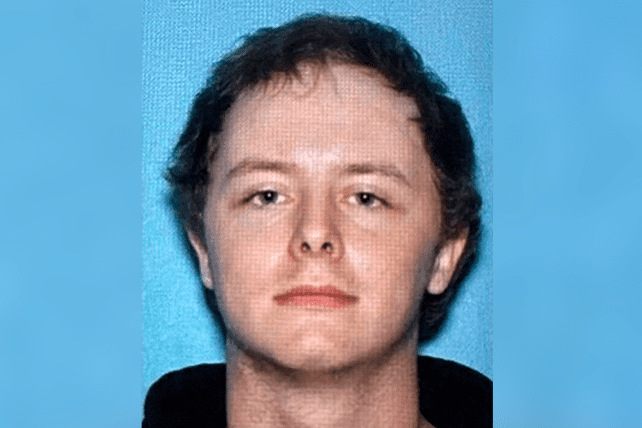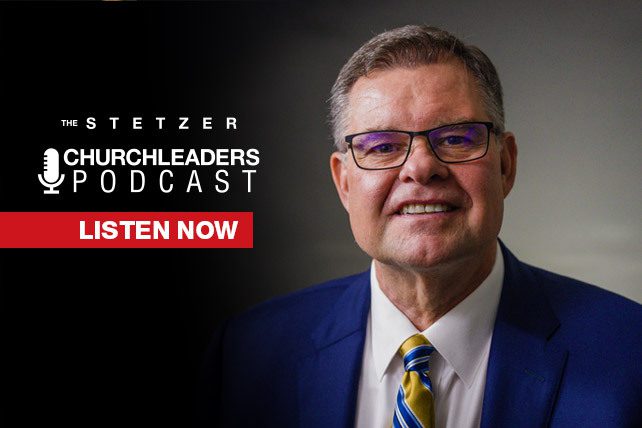Easter reminds us of new life, and with Spring we not only see budding trees and blooming flowers, but also sense a busyness in the air and a tremendous amount of energy is expended from leadership teams.
We’re grateful for those who will say yes to Jesus, but there is often a decline that quickly follows.
In fact, there’s an old school saying that goes: “Spring bump to Summer Slump.”
But does it have to be that way?
Attendance (& engagement) usually surges in the Spring, then quickly returns to where it was and trends gently downward to Summer. Is that just the way it is, or do we unknowingly lead it that way because that’s how “it’s always been?”
What if we worked on a Spring strategy could lead to Summer strength? And prayerfully lead to something longer term that generates movement toward momentum.
This is a time for change, like none the church has seen for a few years. Could this Spring be an opportunity to realize ministry from now through the Summer in a more fruitful way? Could that lead to long term breakthroughs?
Care to think and imagine with me?
Consider these new (soon becoming not so new) realities:
- Attendance patterns are different now
- Culturally, there is increased interest in spirituality, yet less confidence in the church
- Habits have changed, and for many, church is now an option.
How should we respond to these realities?
How might we need to lead differently?
- Do we passively accept the new reality? That doesn’t seem to make sense.
- Do we resist the change? That’s like trying to stop time.
- Or is this a time for change-oriented conversations that lead to greater Kingdom momentum?
It’s dangerous when patterns of church leadership don’t change. Like being so busy now that we don’t have time to think about change, and by the end of Spring most churches are about the same as before Easter. Is there a better way?
Let me offer a set of four very practical questions that you and your leadership team can process toward a preferable long-term future.
4 Practical Questions:
There are really only three questions, but Easter is a great current example to engage the process, so I’ll make that question #1.
1. What Is More Important for Easter, Your Programming of the Service or Follow up of New Guests and Converts?
Most church leaders would say their strategic answer is follow up of guests and converts is more important than the actual Easter service. However, most of the effort and energy nearly always goes to the services.
Is this a case of passion overriding strategy?





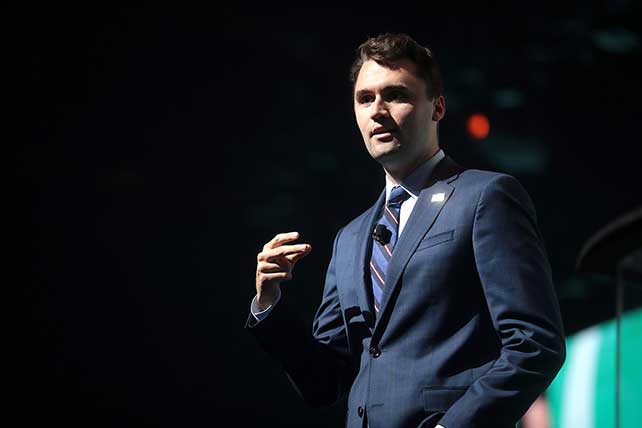
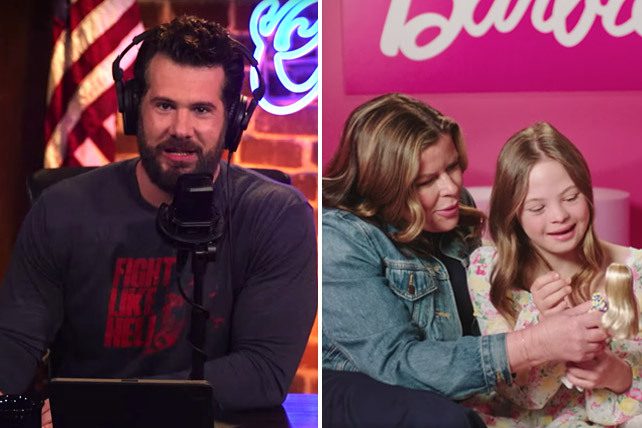

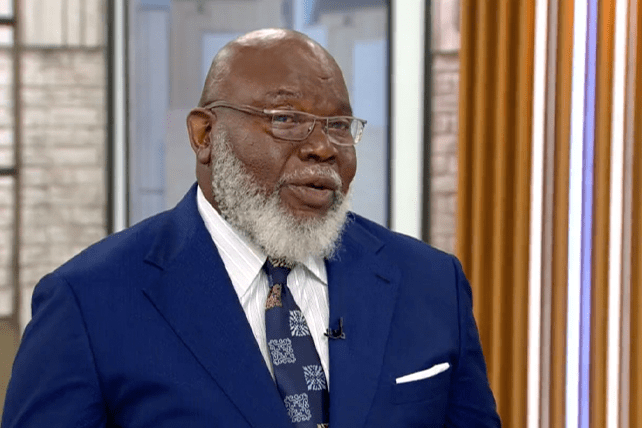
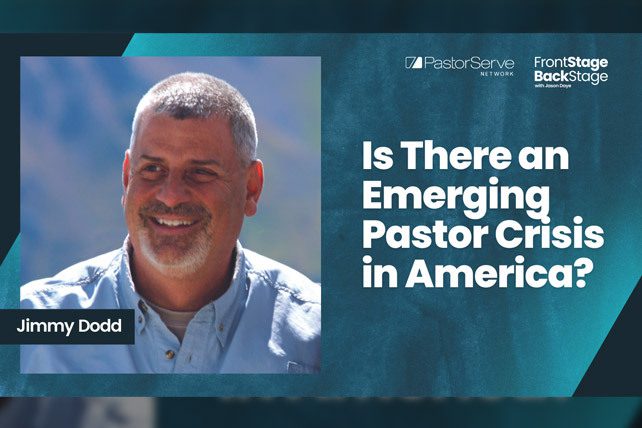
 Are we slipping into a pastor crisis here in the United States? In this week’s conversation on FrontStage BackStage, host Jason Daye is joined by Jimmy Dodd, founder and CEO of PastorServe. PastorServe comes alongside pastors and ministry leaders through coaching, consulting, crisis care, and soul care. Jimmy is also the author of several books, including the best-selling “Survive or Thrive.” Together, Jimmy and Jason look at some recent research and assess the current realities of pastoring here in the United States. Then, they look at some incredible places of hope, where you can find support and encouragement as you serve in ministry.
Are we slipping into a pastor crisis here in the United States? In this week’s conversation on FrontStage BackStage, host Jason Daye is joined by Jimmy Dodd, founder and CEO of PastorServe. PastorServe comes alongside pastors and ministry leaders through coaching, consulting, crisis care, and soul care. Jimmy is also the author of several books, including the best-selling “Survive or Thrive.” Together, Jimmy and Jason look at some recent research and assess the current realities of pastoring here in the United States. Then, they look at some incredible places of hope, where you can find support and encouragement as you serve in ministry.